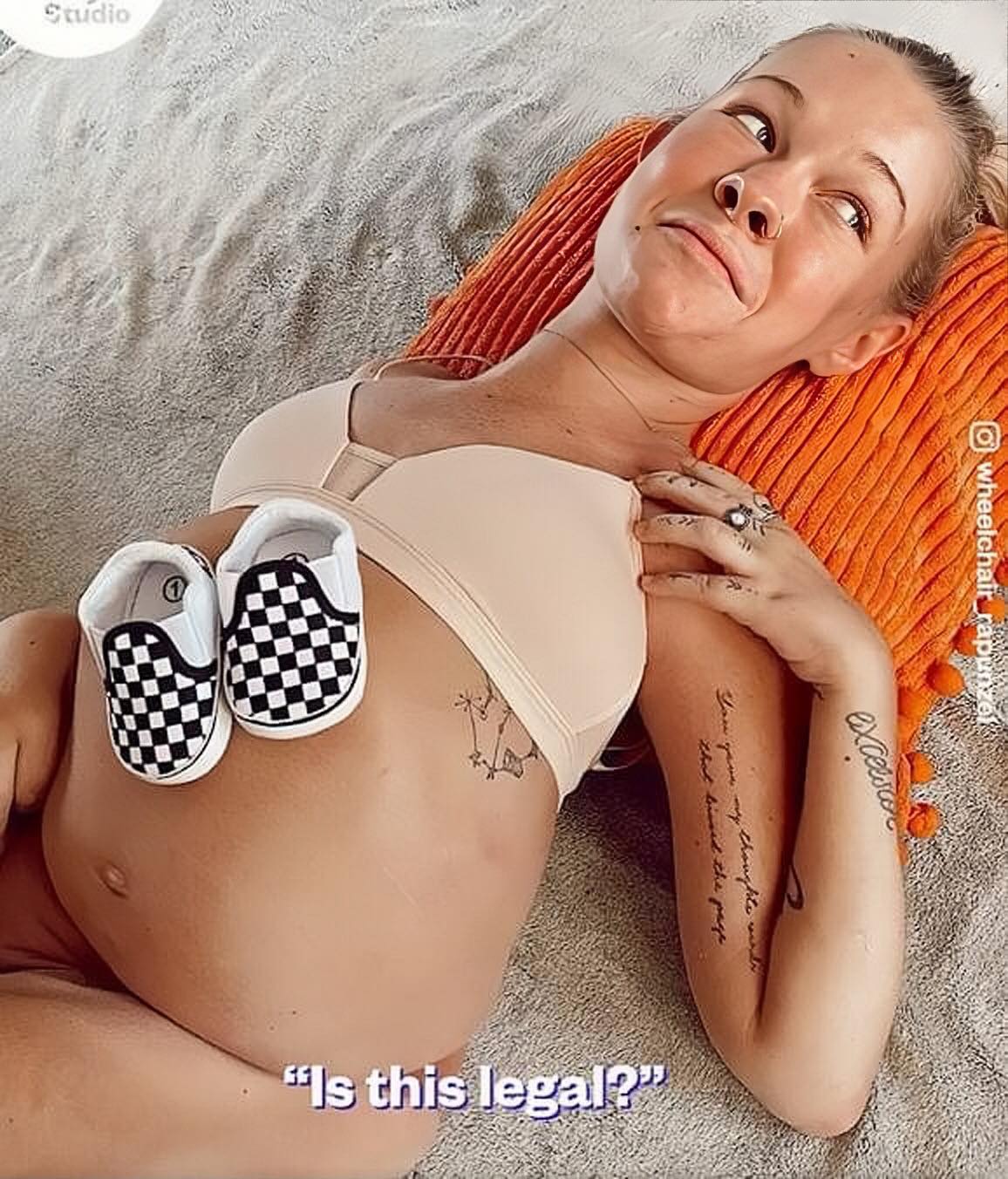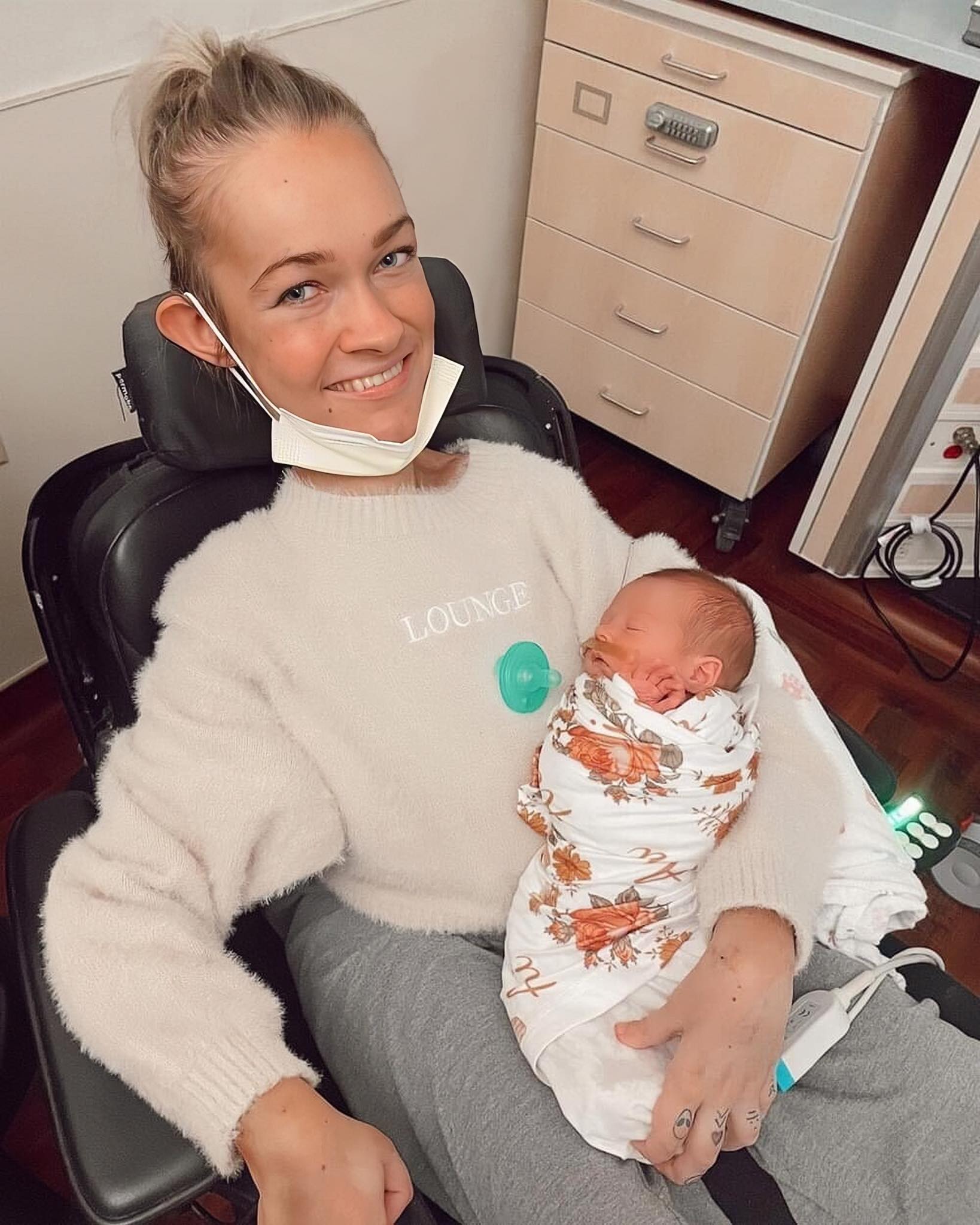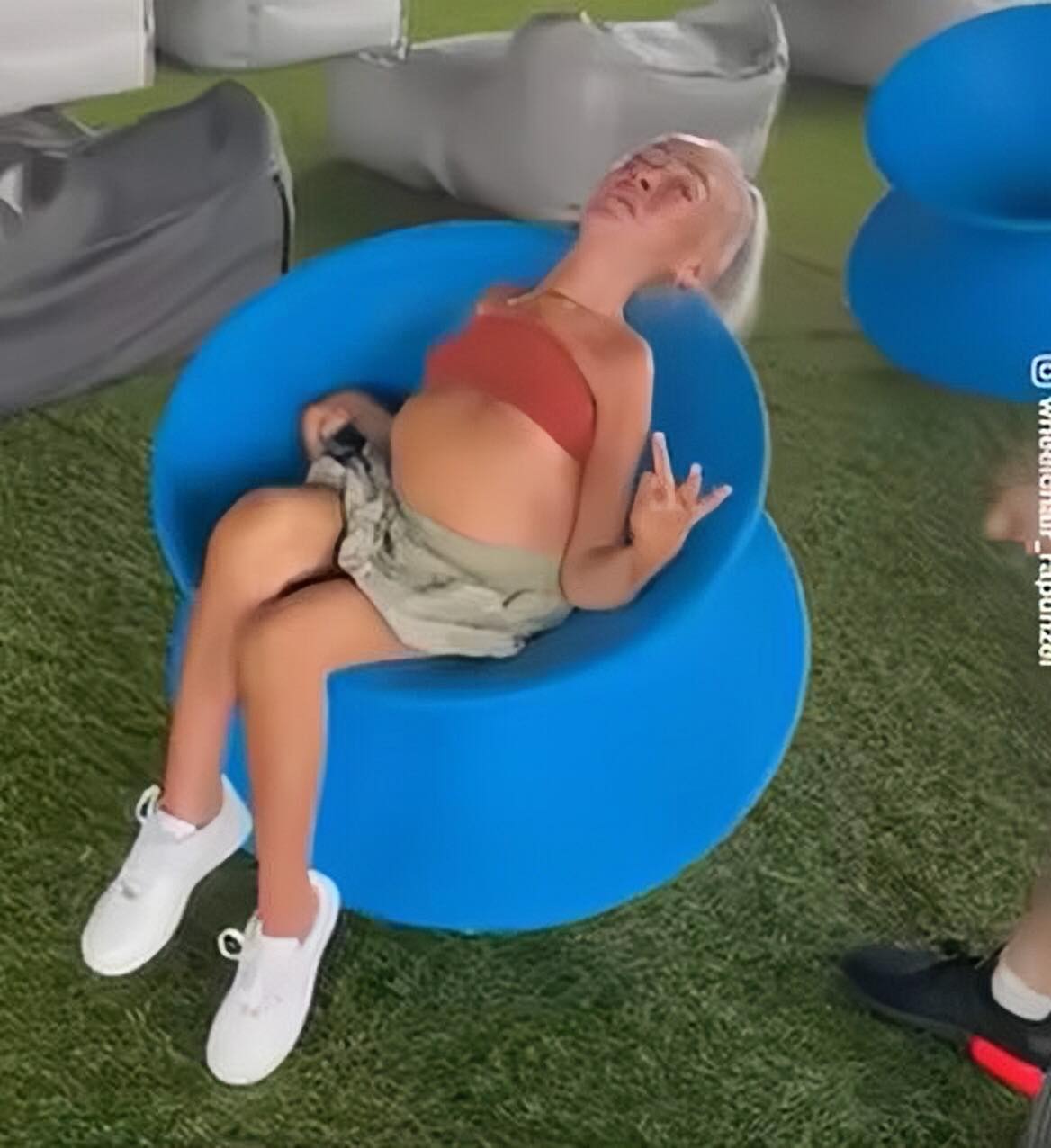
Despite being categorized as a high-risk pregnancy, Alex is under the comprehensive care of a dedicated team of doctors. She acknowledges that many women with her condition have successfully navigated childbirth, recognizing the hurdles while emphasizing the potential for positive outcomes. The central concern for her will likely revolve around her respiratory health, and she may opt for a C-section.
Alex also discloses that, for her safety, she will require intubation during delivery, acknowledging the less-than-ideal nature of the situation. In response to numerous ableist questions and comments circulating online, she actively challenges the misconception that disabled individuals are incapable of effectively caring for their children. She firmly asserts that disabled people should not be underestimated, showcasing her range of movement in a compelling video response.

Unfortunately, Alex expresses her disappointment with non-disabled individuals assuming her capabilities and offering unsolicited ableist opinions about her parenting abilities. She questions whether these assumptions stem from projecting their own insecurities onto her due to a lack of exposure to disabled women navigating pregnancy. Alex believes that such views arise from societal stigma, discomfort with disability, and a deficiency in education, representation, and visibility.

In her tireless effort to dismantle societal stigma, Alex advocates for an end to bump shaming and body criticism. She courageously confronts comments critiquing the size of her baby bump, staunchly asserting that all bumps and bodies are unique, valid, and deserving of respect.
Alex has encountered comments suggesting that she is not visibly showing or even doubting her pregnancy altogether. To counter these claims, she shares comparative photos of her pre-pregnancy and current appearance, emphasizing the diverse and individual nature of pregnancy experiences.

Alex’s openness about her pregnancy as a disabled woman seeks to challenge prevailing societal perceptions, foster understanding, and champion inclusivity and acceptance for disabled parents.





